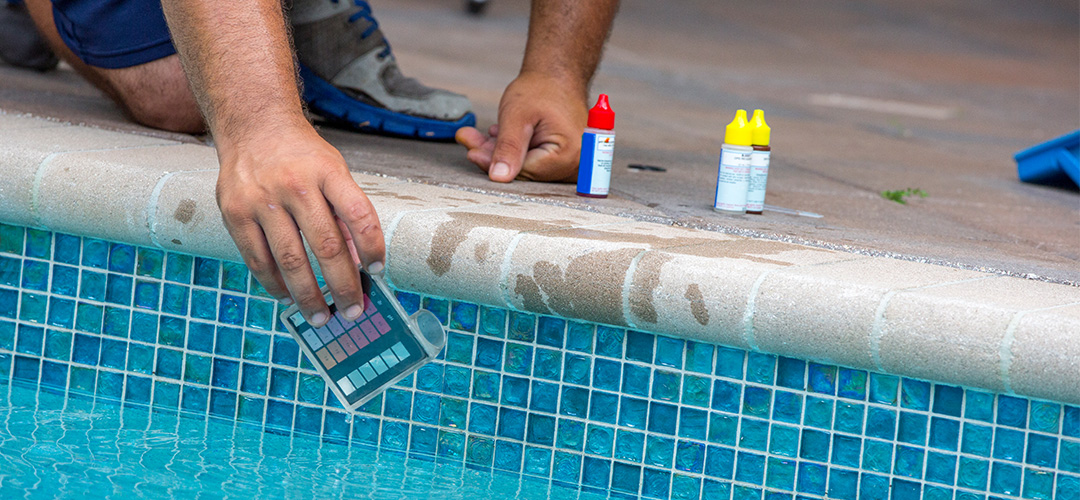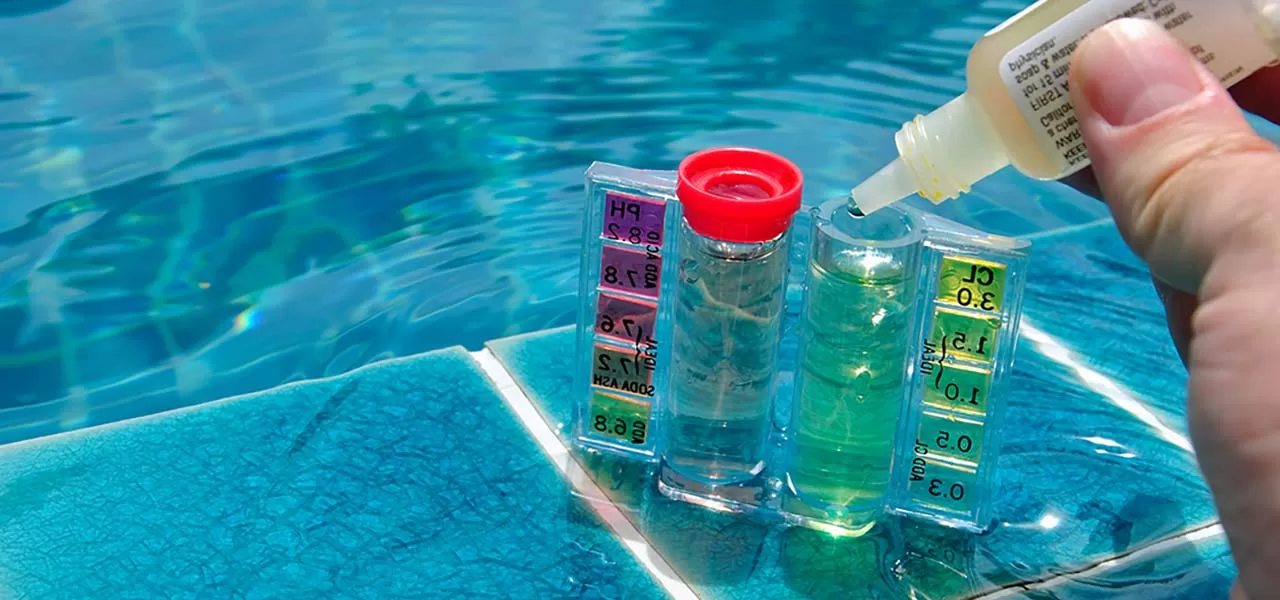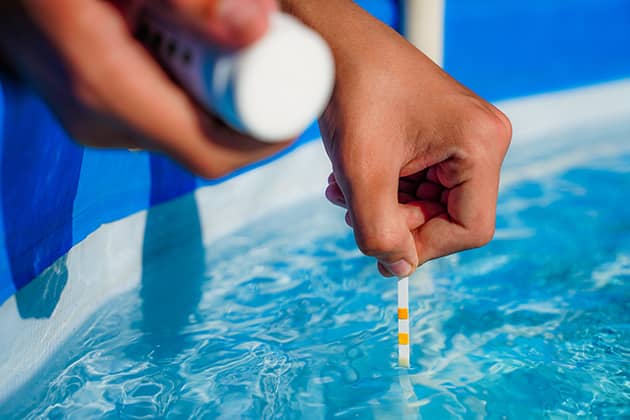Pool water testing is a crucial aspect of pool maintenance to ensure the water is safe and clean for swimming. Bringing your pool water to be tested regularly is essential to prevent any issues related to water quality. In this article, we will discuss the importance of pool water testing and provide a step-by-step guide on how to bring your pool water to be tested.

Credit: www.swimmingpool.com
Importance of Pool Water Testing
Testing pool water is essential to maintain proper chemical balance, prevent algae growth, and ensure the safety of swimmers. By testing the water regularly, you can detect any issues early on and take necessary actions to correct them. Testing pool water also helps in maintaining the efficiency of your pool equipment and prolonging the life of your pool.
Step-by-Step Guide to Bring Pool Water to Be Tested
Follow these steps to bring your pool water to be tested:
- Collect a Water Sample: Use a clean container to collect a water sample from elbow depth below the water surface.
- Label the Container: Label the container with your name, date, and the pool’s name if you have multiple pools.
- Bring the Sample to a Pool Store: Take the water sample to a pool store or a professional pool service provider for testing.
- Discuss the Results: Once the testing is done, discuss the results with the pool professional to understand the current state of your pool water.
- Take Necessary Actions: Based on the test results, take the necessary actions to balance the chemicals in your pool water as recommended by the professional.
- Retest if Required: If advised by the pool professional, retest the pool water after making the necessary adjustments to ensure the water is safe for swimming.

Credit: intheswim.com
Tips for Bringing Pool Water to Be Tested
Here are some tips to keep in mind when bringing your pool water to be tested:
- Test Regularly: Test your pool water at least once a week during the swimming season to maintain proper chemical balance.
- Use a Reputable Pool Store: Choose a reputable pool store or pool service provider with experienced professionals for accurate testing.
- Follow Instructions: Follow the instructions provided by the pool professional for balancing the chemicals in your pool water.
- Keep Records: Keep a record of your pool water test results to track any trends or changes over time.
- Seek Professional Help: If you are unsure about the test results or how to balance your pool water, seek help from a professional.
Frequently Asked Questions
Q: Why should I test my pool water?
A: Testing your pool water regularly is essential to ensure it is safe for swimming. Proper testing helps maintain the correct chemical balance, which prevents algae growth, protects pool equipment, and ensures a comfortable swimming experience.
Q: How often should I have my pool water tested?
A: It is recommended to test your pool water at least once a week during the swimming season. If you notice any issues like cloudy water or algae growth, test it immediately. Some experts suggest professional testing every month.
Q: What do I need to bring for a pool water test?
A: You need to bring a clean container filled with a water sample from your pool. Ensure the container is free of any residues from other chemicals or contaminants.
Q: How much water do I need to bring for testing?
A: Typically, you should bring about 8 to 16 ounces (250 to 500 milliliters) of pool water for testing. Check with the testing facility for their specific requirements.
Q: How do I collect a water sample for testing?
A:
- Use a clean, plastic container with a secure lid.
- Submerge the container about 18 inches below the surface of the pool water, away from return jets and skimmers.
- Fill the container completely to avoid air pockets, which can affect test results.
- Cap the container securely and bring it to the testing facility as soon as possible.
Q: When is the best time to collect a water sample?
A: The best time to collect a water sample is in the early morning before the pool has been used for the day and after the pool pump has been running for at least an hour to ensure the water is well-mixed.
Q: How should I store the water sample if I can’t bring it immediately?
A: If you cannot bring the water sample immediately to the testing facility, store it in a cool, dark place, and bring it within 24 hours for the most accurate results. Avoid exposure to heat and direct sunlight.
Final Words
Bringing your pool water to be tested is a vital part of pool maintenance to ensure the water is safe and clean for swimming. By following the steps outlined in this guide and keeping these tips in mind, you can maintain proper chemical balance in your pool water and enjoy a safe swimming experience. Remember, regular testing and proper maintenance are key to a healthy pool environment.




